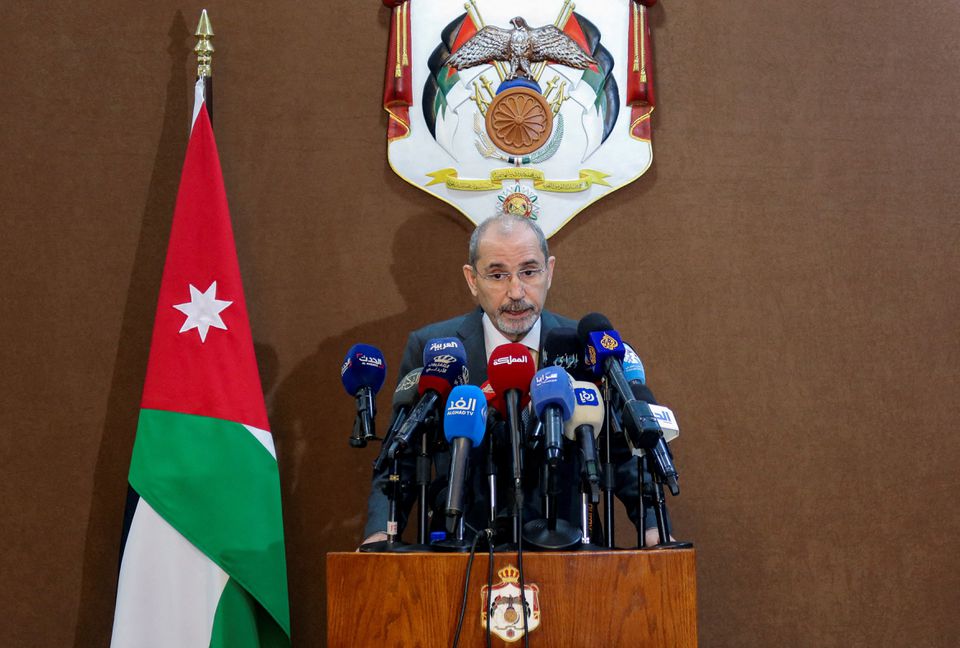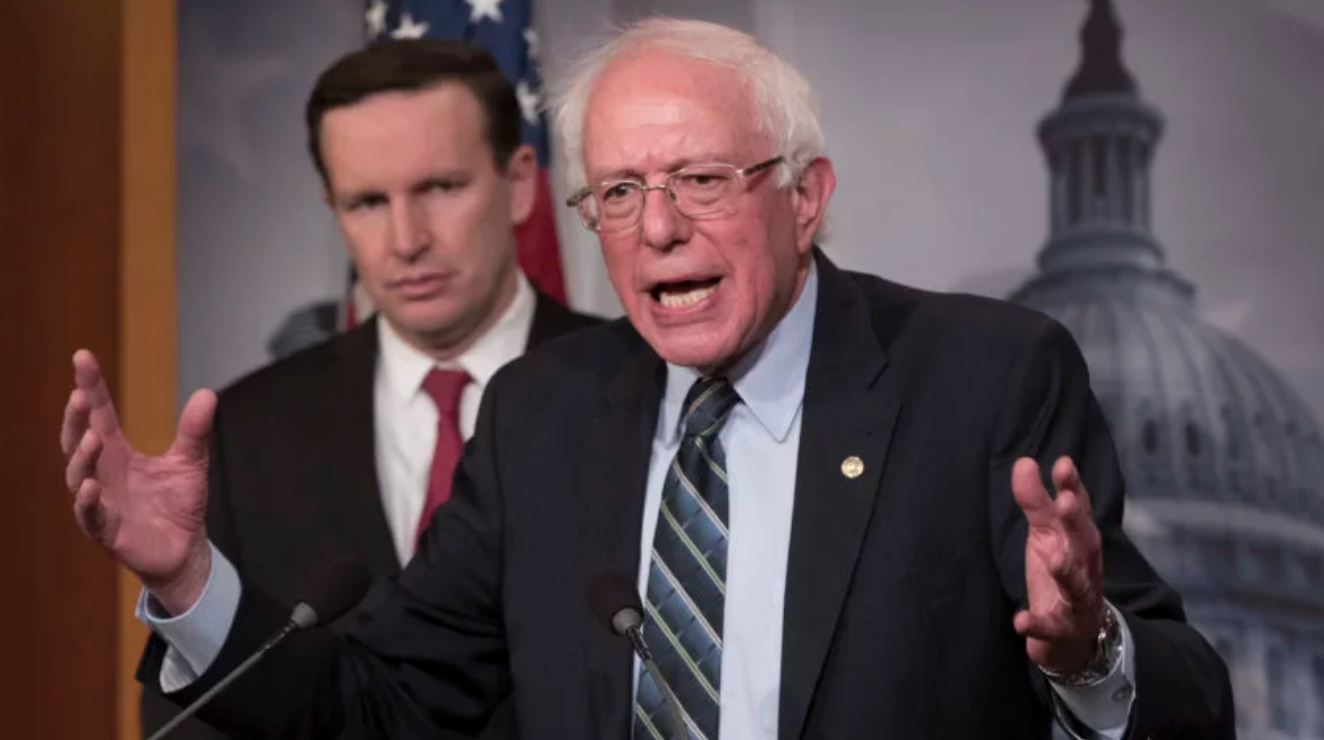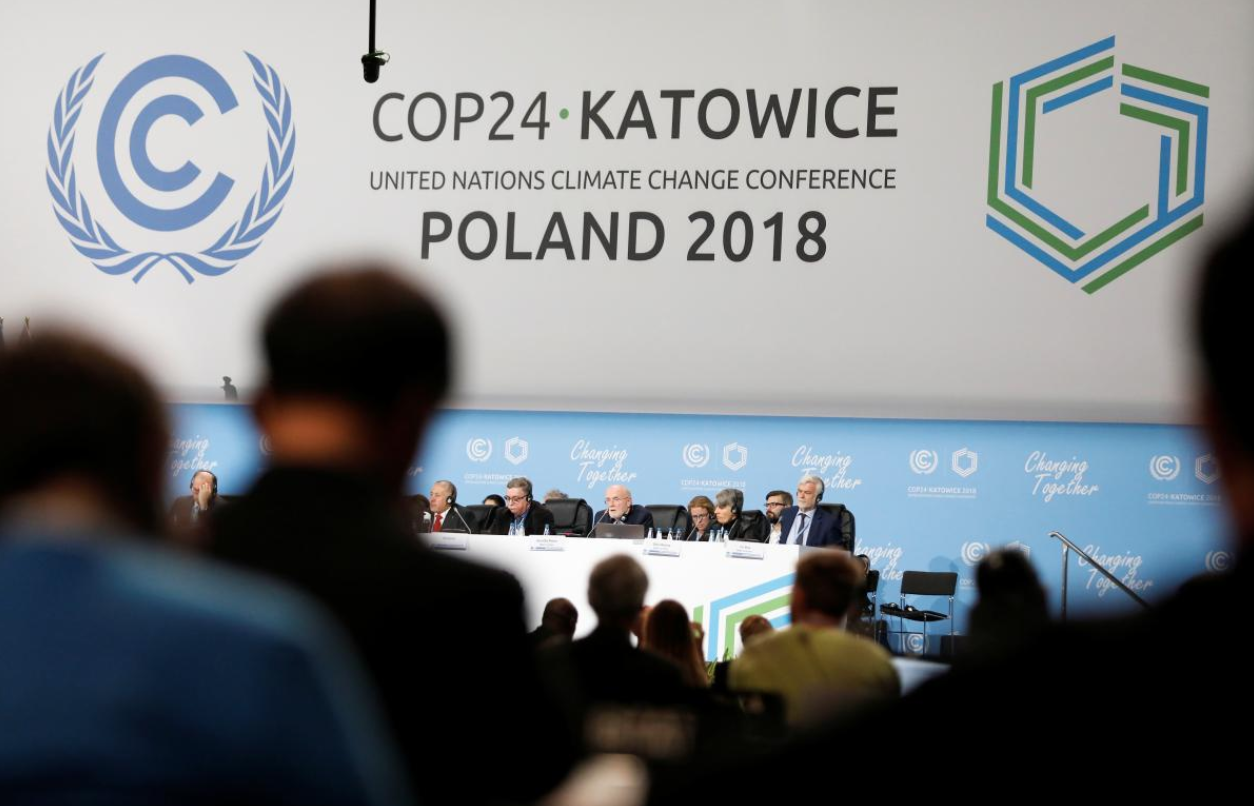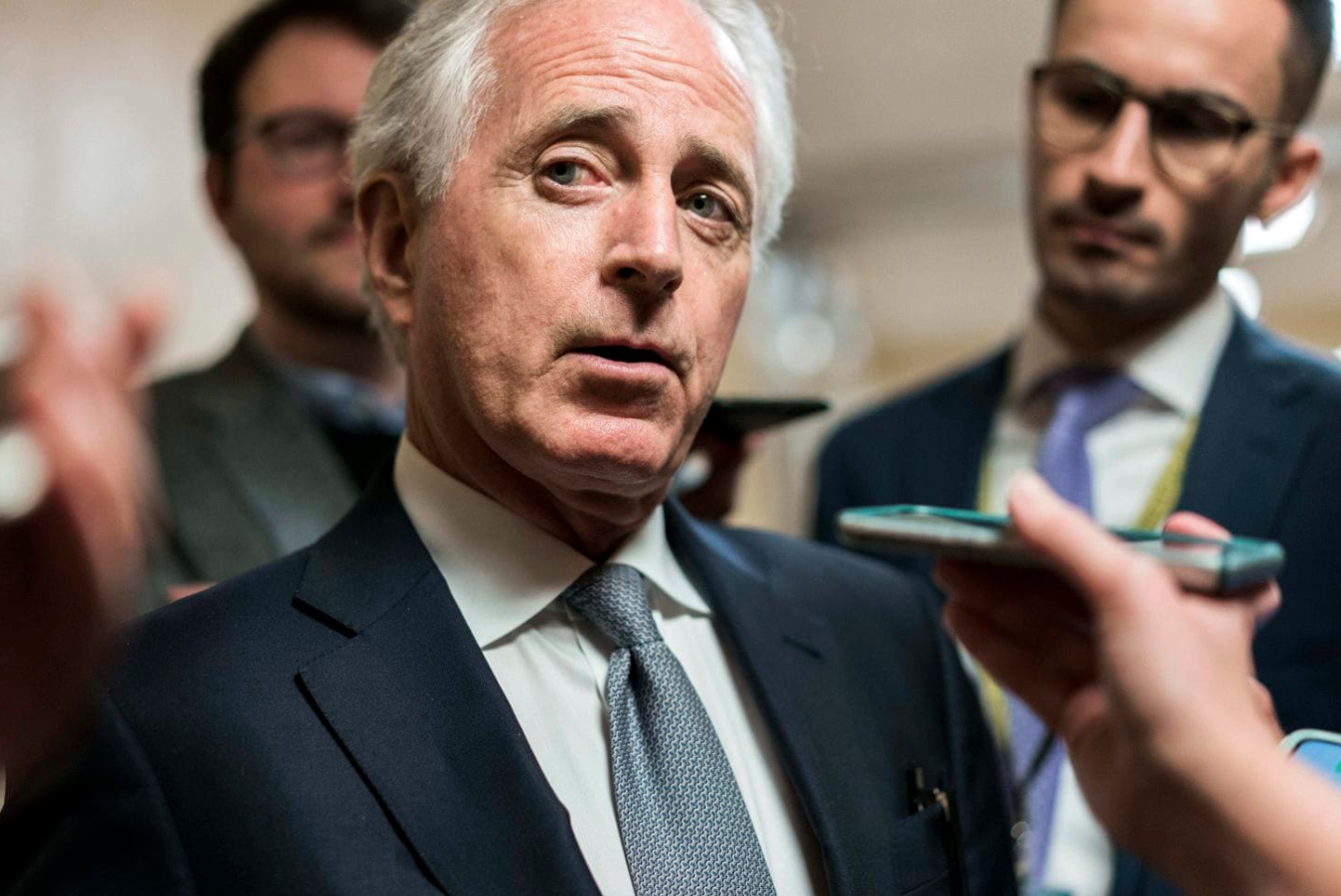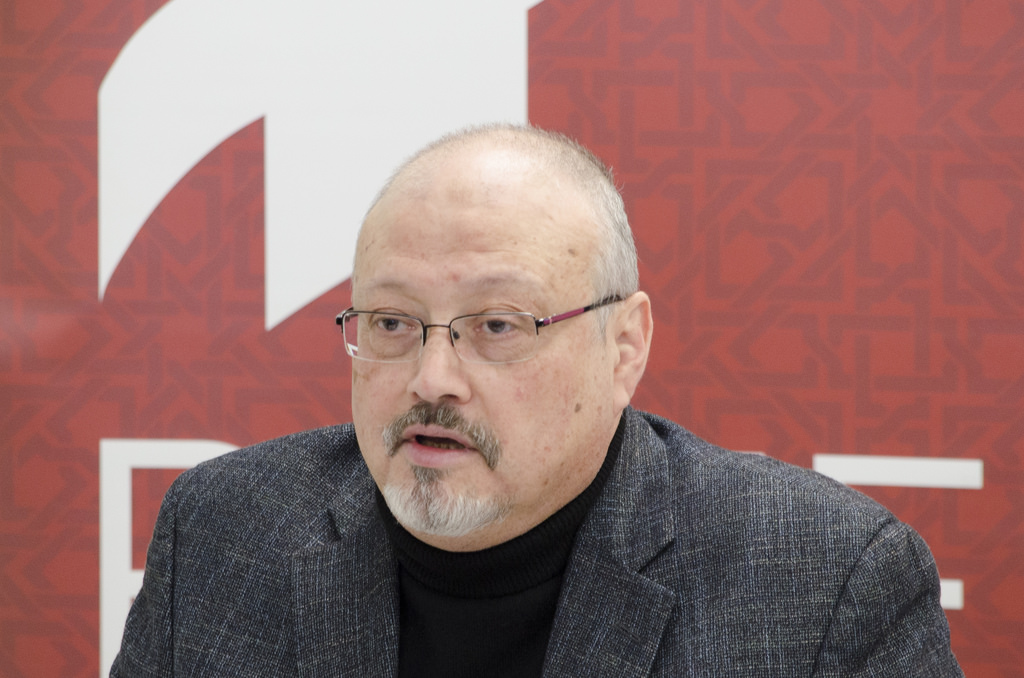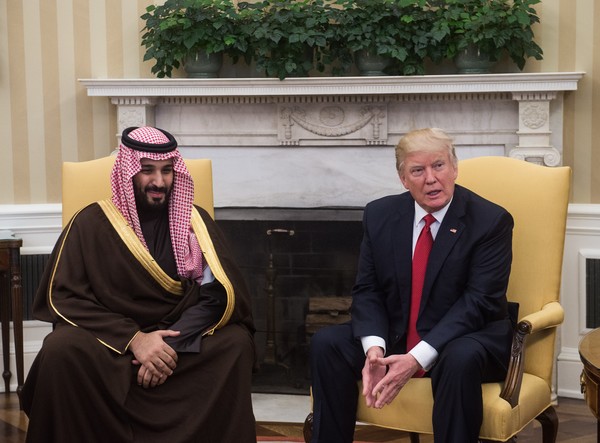Middle East
Jordan Bans Media Coverage Of Royal Rift, Saudi Reaffirms Support
Jordan prohibited all news outlets and social media users on Tuesday from publishing any content related to King’s half-brother Prince Hamza after the state accused him of planning to disrupt the country. Prince Hamza promised loyalty to King Abdullah on Monday after mediation by the royal family, two days after the military warned him for his actions, which they said were damaging “security and stability” in Jordan and placed him under the house’s arrest.
In unprecedented public criticism, Hamza, the Crown Prince until King Abdullah transferred him from the post in 2004, accused Jordanian leaders of corruption and said they only had their interests. The government said he was in touch with people related to foreign parties in the plot to disrupt Jordan and that he had been under investigation for some time.
More:
- Jordan’s Prime Minister Resigns Amid Protests
- Turkish President Erdogan vs. Bolton on Protection for Kurds
“To maintain the confidentiality of the investigation carried out by security services about the noble Prince Hamza bin Hussain and others, the public prosecutor Amman has decided to ban the publication of everything related to investigations at this stage,” the state news agency reported. It is said that the ban applies to all news outlets and social media platforms.
In the voice recording issued by the opposition in Jordan on Monday, Prince Hamza said that he would not obey after being banned from any activity and told to remain silent. Although it was not considered a direct threat to the King, Hamza visited a tribal meeting where the King and his government had been criticized more openly in the past few weeks.
Saudi Arabia is among the countries to state support for King Abdullah. On Monday, Foreign Minister Faisal bin Farhan traveled to Amman to meet with his Jordanian counterpart Ayman Safadi, said the country’s Foreign Ministry. “King Salman reaffirmed the royal support for all steps to protect Jordan and its interests,” said the Saudi state TV.
Middle East
Japan ‘concerned’ US continues to fly Ospreys despite grounding request.
On Friday, Tokyo’s top government spokesperson stated that Japan is concerned that the United States military is continuing to fly its V-22 Osprey aircraft, even though Japan has requested that the aircraft be grounded until their safety is proven following a deadly accident that occurred this week.
Because a V-22 Osprey crashed into the water on Wednesday in western Japan, Japan, a significant ally of the United States, had requested that all non-emergency V-22 Osprey flights be suspended over its territory. A single individual has been discovered and determined to be deceased, according to the Japan Coast Guard, and the search for the remaining seven individuals onboard is still ongoing.
The Pentagon released a statement on Thursday stating that it was continuing to operate Ospreys for the time being and that it was not aware of any formal request to remove them from service. Research is being done to determine what caused the collision.
In response to a question on such remark, the Chief Cabinet Secretary of Japan, Hirokazu Matsuno, reported that Tokyo had “officially” made the request.
“We are concerned that despite our repeated requests, and in the absence of sufficient explanation (from the U.S. military), the Osprey continues to fly,” he stated during a press briefing.
According to a statement by the Japan Self-Defense Forces (SDF), also responsible for operating Ospreys, transport aircraft operations will be suspended.
Yoko Kamikawa, Japan’s foreign minister, stated that she had directly informed Rahm Emanuel, the United States ambassador to Japan, on Thursday that she had requested confirmation of the safety of Osprey flights before any more flights were carried out.
Immediately, the United States Embassy in Japan declined to comment on the matter.
There has been a lot of controversy around deploying hybrid aircraft in Japan. Those opposed to the presence of the United States military in the Southwest Islands have raised concerns that it is prone to mishaps.
Pacifist Japan is home to the most significant concentration of foreign military strength in the United States. It is the location of the sole forward-deployed American carrier strike group, its Asian airlift base, fighter squadrons, and an expeditionary force of the United States Marine Corps.
Robert Dujarric, a Temple University in Tokyo scholar, stated that Japan was particularly sensitive to its citizens’ worries over military activities. These concerns relate to Japan’s loss in World War II and its subsequent reliance on the United States for security.
“They think that if it looks like the U.S. and Japan are not sufficiently investigating this, it is going to put problems on deployment because in Japan, unlike what happens in other countries, the local communities have an impact on what type of assets are deployed,” said the diplomat.
The problem has been developing more robust connections between the allies and forming closer relations in response to China’s increasingly aggressive military attitude in the region. Dujarric stated that he did not anticipate the matter to “blow up” into a vast diplomatic fight between the partners over the subject.
America
Elon Musk promises to wear a symbol of Gaza hostages.
During his trip to Israel, Elon Musk, who had been criticized for an anti-Jewish remark on his social networking platform X, was presented with a symbolic dog tag by the father of an Israeli who had been held captive by Hamas in Gaza. Musk committed the dog tag until all of the pages were released.
“Our hearts are hostage in Gaza,” read the metal tag that Musk got from Malki Shem-Tov, the father of Omer Shem-Tov, who is now being held as a hostage. The office of Israeli President Isaac Herzog released the footage of Musk’s visit on Monday.
The bracelet was wrapped around Musk’s neck. In the latter hours of Monday, he posted a message on X that said, “I will wear it every day until your loved ones are released.”
The dog tags, which are widely distributed across Israel, are a reminder of the cross-border death spree that Hamas carried out on October 7, during which 240 individuals were hauled back to Gaza.
On November 15, Musk expressed his agreement with a post that made a false allegation that Jewish people were inciting hatred against white people. He stated that the poster who mentioned the “Great Replacement” conspiracy theory was using “the actual truth” in their statement.
Immediately after the post, significant corporations in the United States, such as Walt Disney (DIS.N), Warner Bros. Discovery (WBD.O), and Comcast (CMCSA.O), the parent company of NBCUniversal, decided to cease their ads on X, which was once known as Twitter.
An “abhorrent promotion of antisemitic and racist hate” that “runs against our core values as Americans” was what the White House of the United States of America referred to as Musk’s actions.
Musk has indicated that he is opposed to antisemitism and anything that “promotes hate and conflict.” He has also stated that X would not promote hate speech.
Americans
China Objects to US Proposal for APEC Trade and Investment Policies -source.
According to a source informed on the discussions on Wednesday, China is opposing a proposal from the United States calling on members of the Asia Pacific Economic Cooperation to include sustainability and inclusion in their trade and investment policies.
The source stated that discussions on the matter were ongoing at the APEC meeting in San Francisco to develop language that all 21 group members could support.
Dubbed the “San Francisco Principles for Integrating Inclusivity and Sustainability into Trade and Investment Policy” by the Biden administration, U.S. Trade Representative Katherine Tai expressed hope that the idea may still be approved at a plenary conference focusing on trade.
“All economies but one have supported the U.S.-led effort, so it is unclear if APEC will fulfill that mandate,” Tai stated. However, I believe economies will soon complete the San Francisco Principles.”
The Biden administration is pushing the idea that APEC economies expand opportunities for more people, especially underprivileged populations, and integrate clean energy and carbon emissions reduction goals into their development, growth, and trade policies. A few specifics of the U.S. proposal were made available.
Separately, Tai is attempting to negotiate with the European Union a green steel agreement that would penalize Chinese steelmakers due to their more significant carbon emissions.
China’s protests at the APEC meeting have come to light as Chinese President Xi Jinping and U.S. President Joe Biden convened south of San Francisco for high-level discussions to reduce tensions between the two giants over artificial intelligence, drug trafficking, and military conflicts.
-

 Geopolitics & Foreign Policy2 months ago
Geopolitics & Foreign Policy2 months agoTurkey’s Erdogan says he may visit Egypt soon, discuss Gaza patients -media.
-

 Europe3 months ago
Europe3 months agoRussia’s Shoigu accuses the West of seeking to expand the Ukraine war to the Asia-Pacific.
-

 Geopolitics & Foreign Policy2 months ago
Geopolitics & Foreign Policy2 months agoCeasefire takes hold in Gaza ahead of hostage release; aid enters enclave.
-

 Geopolitics & Foreign Policy2 months ago
Geopolitics & Foreign Policy2 months agoRussia deploys new nuclear missile in Kaluga region – RIA
-

 America4 months ago
America4 months agoRepublican US House to hold first Biden impeachment inquiry hearing
-

 Geopolitics & Foreign Policy2 months ago
Geopolitics & Foreign Policy2 months agoChina’s military: US Navy ship ‘illegally’ entered territorial waters
-

 Europe3 months ago
Europe3 months agoZelenskiy, at NATO HQ, asks for weapons to face winter of ‘terror’
-

 Agriculture4 months ago
Agriculture4 months agoIAEA, Japan agree on continuous safety review of Fukushima water


